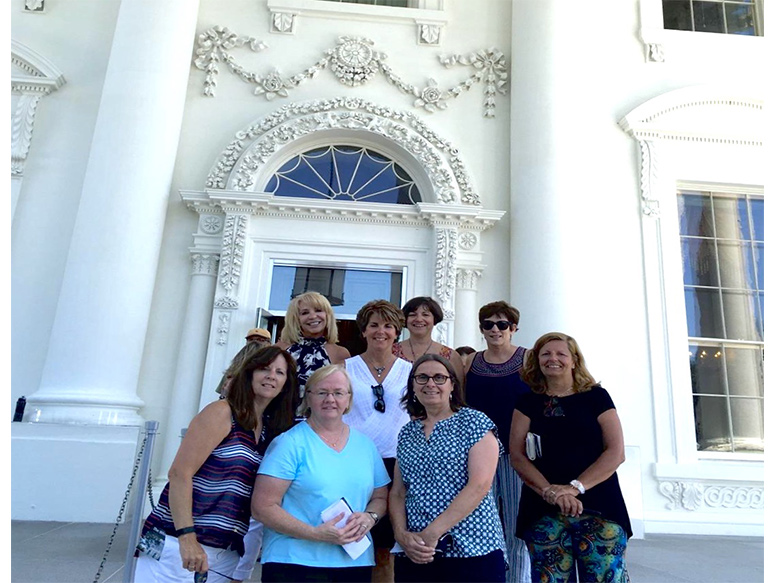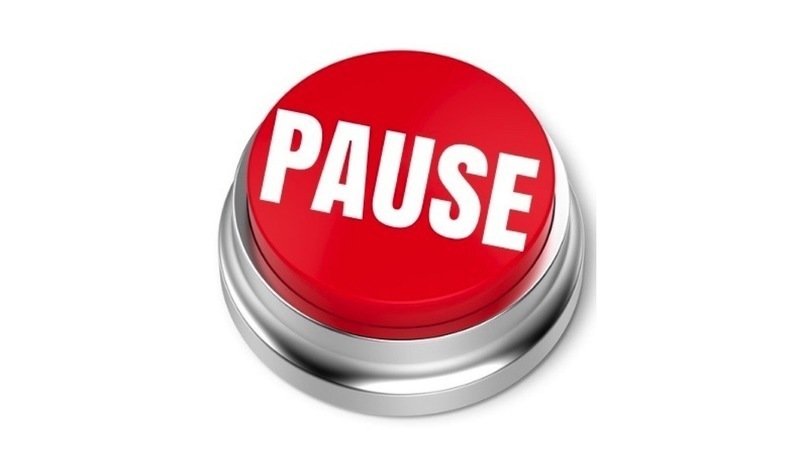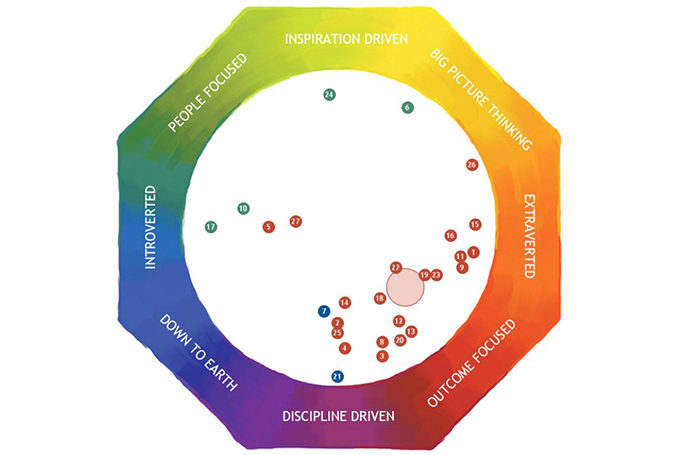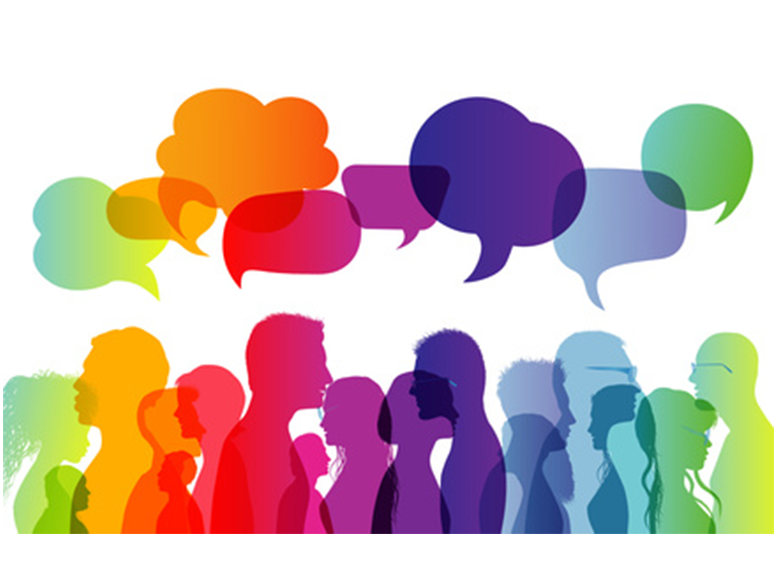A lot of people are grumbling these days – some privately, some very publicly – about “political correctness.” They claim that we’ve gone overboard in our efforts not to offend, and that by doing so we are limiting the “free speech” guaranteed us by the First Amendment. Seriously?
OK, I agree that sometimes it gets cumbersome to write him or her, him/her, she/he or the diminutive “s/he” so as not to offend one gender or the other. And I often lose track of the currently most politically correct way to convey greetings for that certain holiday in December. But many anti-PCers are using the guise of their free speech rights to be downright rude, disrespectful, and unkind. It begs the question, “Didn’t your mother teach you any manners?”
I don’t think the framers of the constitution intended the guarantee of free speech to be an open license for bullying and bad language. I believe the intention was to protect our ability, as Americans, to express our opinions – even if they are against the government – without going to jail for it. We shouldn’t have to legislate good manners and common courtesy.
I’m a firm believer in open, honest communication. And I also believe you can be honest without being offensive. “Telling it like it is” should not apply to criticizing someone for things over which they have no control – their national origin, the color of their skin, their size, their health, their sexual orientation, etc.
Let’s get back to thinking before we speak. Let’s convey that we value other people by framing our words in a way that shows respect, not because it’s politically correct, but because it’s the right and courteous thing to do.
A while back I wrote a blog about the waning use of “please” and “thank you” and other courtesies that used to be commonplace. I ended with Karen’s Rules of Civility, inspired by George Washington’s list written so long ago. I’ll leave you with it again this time.
- Smile – even at a stranger – you never know what amazing things may come of it.
- Say “Please.” Always.
- Say “Thank you” and acknowledge the gift or deed or service received.
- Remember, we are all human; we have good days and bad days. Don’t glory in someone else’s bad day.
- Listen. Put down your cell phone and engage in conversation.
- Be kind to one another. (Borrowed from Ellen DeGeneres).
- Say: “Yes, and…” not “Yes, but…” Be positive! See the possibilities…
- Tell the truth. Mark Twain once said, “If you tell the truth, you don’t have to remember anything.”
Till next time,
Karen









